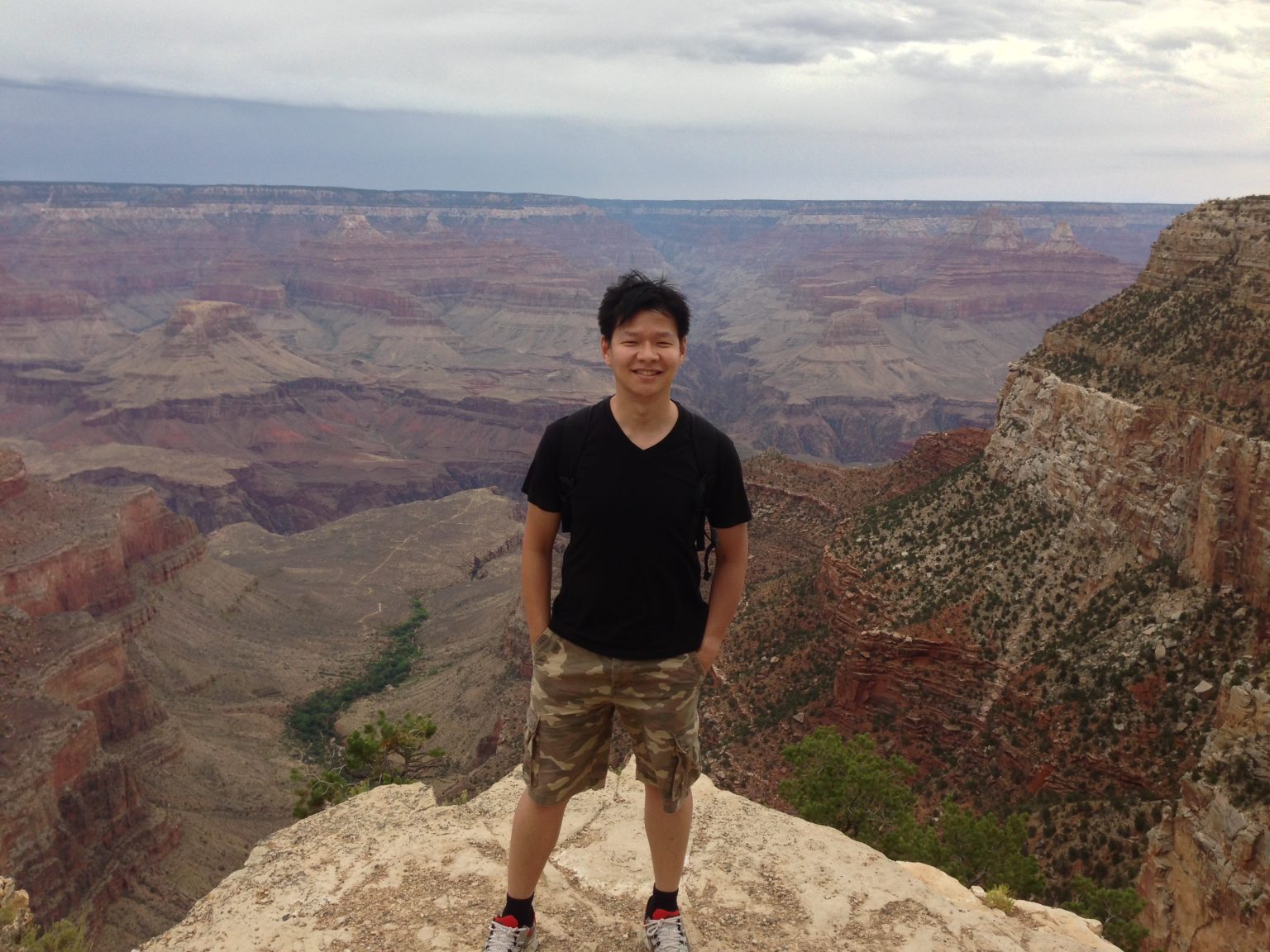Our Alumnus Speaks…
Alumnus Dr Wong Loke Yuen (BSc 2006; PhD 2011) shares how learning physics has shaped his life from young.
Studying physics was a natural choice to me as I have always been fascinated by astronomy since young. Much of my growing up years was spent in stargazing activities and devouring astronomy books in the libraries. I was thrilled to read about the vast expanse of space and the endeavours undertaken by man to explore beyond our natural habitat. I was also inspired to pursue physics by my physics teachers who themselves are alumni of the NUS Physics Department.
During my undergraduate years, I did the Undergraduate Research Opportunities Programme (UROPS) under the guidance of A/P Peter Ho. It was refreshing to learn via a very hands-on approach as oppose to the traditional passive lecturing and tutoring. I began to enjoy research and seized on the opportunity to pursue a PhD when the offer came.
After my PhD graduation, I decided joining the industry was an appropriate step for me. Applied Materials, a materials engineering solution company for semiconductor and display industries, was then recruiting engineers to work in their newly established Asia Product Development Center. I applied and thankfully got hired.
Currently I work as a global product manager in charge of chemical vapour deposition products. My job requires substantial travelling for internal and customer meetings. Meetings with customers enable us to understand the technical requirements and challenges customers face. Our product development team works hard to develop a solution that hopefully will clinch a business deal. To spot the largest business opportunities, I keep myself abreast with technology trends. This in turn defines our product roadmaps and strategy. I also draw up configurations for our products to meet technical and commercial requirements besides addressing queries from the sales team regarding product features and benefits.

My physics education has taught me the art of simplifying nature’s complexity down to the fundamental equations. The process of this thinking exercise is valuable. Once you know the fundamental ways of describing a particular phenomenon, you can extrapolate them (of course within certain boundary conditions and assumptions) to solve problems or innovate to create new products to meet the required specifications. My physics training empowers me to deal with uncertainty and be my own teacher, eventually finding answers to solve whatever problems at hand. These are very useful skills to my work as an engineer and now a product manager.
My advice to juniors is to stay curious and seize the ample opportunities offered by the department and NUS to learn and push beyond your boundaries.
